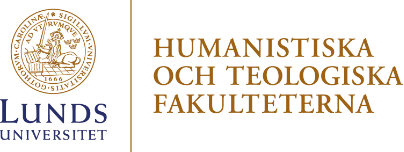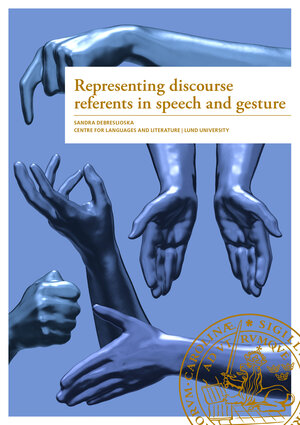Serie
Sandra Debreslioska
Representing discourse referents in speech and gesture
2019
| 216 s.
|
engelska
ISBN: 978-91-88899-33-0, 978-91-88899-32-3
Gestures are part of language. When speakers produce discourse, they use speech but also gestures, and addressees reliably recognize such gestures as communicatively meaningful. This thesis examines the details of how speech and gestures work together in discourse production, and how addressees use gesture information in discourse perception. The focus is on discourse referents (entities talked about), and on how they are represented in the two modalities. Speakers refer to referents in speech differently as a function of discourse, for example depending on whether they are new to discourse or already mentioned. The thesis takes such variations in speech as their starting point and examines the way that gestures pattern accordingly. In four studies, the thesis investigates when gestures are produced for the representation of discourse referents, where they are produced, how they are produced, and what they express. The findings highlight the multifunctionality of gestures, showing that gestures can have a parallel or complementary function to speech depending on the context. In discourse perception, gestures further seem to have a facilitatory function. The studies in this thesis contribute to our understanding of the close relationship between speech and gestures, and advocate that gestures be considered in linguistic studies on discourse, and that connected discourse be considered in gesture studies.

